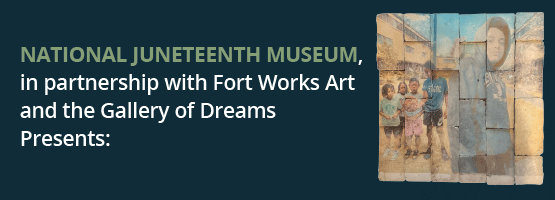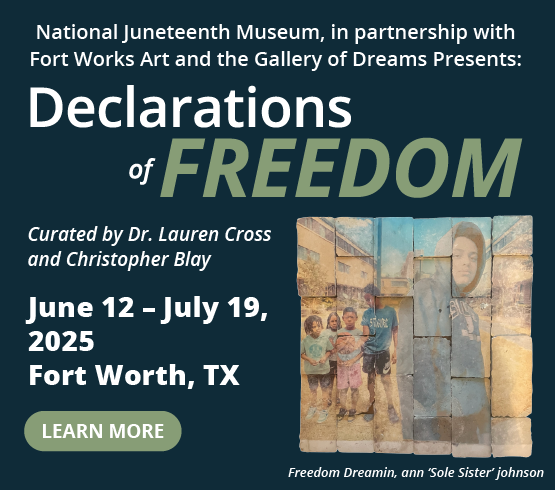In 2017, Dallas-based dancer and choreographer Katie Burks felt compelled to offer aid and assistance in the aftermath of Hurricane Harvey. Upon arrival in Houston, however, she quickly realized that she was well-meaning but ill-prepared, and not trained as a first responder or member of the military. But she became hooked on helping people and continued her humanitarian efforts until leaving the next year for grad school in London. Multiple performance and teaching opportunities across Europe, Asia, and Central America followed until the pandemic sent her back to Texas. Then, in 2022, Russia invaded Ukraine.
And so after countless phone calls and messages with friends and mentors, and far too much time reading Texas state nonprofit incorporation law books, Artists Sans Frontières was born. Its mission is performing arts for all, using dance, music, and theater to provide mental, emotional, and situational stability during times of war, ecological disaster, and economic disparity.
A recent restructuring will now facilitate three separate programs by the end of 2024: NGO, EDU, and LIVE.
ASF NGO is the OG, providing free classes, workshops, performance opportunities, and professional performances and concerts in areas impacted by war, violence, and disaster. So far, ASF has provided programming in Eastern Europe to more than 1,200 refugees impacted by the Russian invasion of Ukraine. Plans for another location at the U.S.-Mexican border are also in process.

1 ⁄6
Artists Sans Frontières Founder and Director Katie Burks; Photo by Micah Cruver.

2 ⁄6
Artists Sans Frontières in a preview of HAZARDS, which premiered at Arts Mission Oak Cliff in April, 2024. Photo by Ramon Grande.

3⁄ 6
Dallas County students celebrate a Light Up Hip Hop workshop and performance series with ASF Instructor Katie Burks. Photo by Korie Bukovelo.

4 ⁄6
International guest artists perform Holding Onto Hope in ASF’s Celebration of Hope Concert inside a Ukrainian refugee shelter in Warsaw, Poland, Centrum Pomocy Humanitarnej Modlinska. Photo by Fabricio Carrijo.

5 ⁄6
Dallas County students in Holiday Hip Hop performance. Photo by Korie Bukovelo.

6 ⁄6
Resident children from Ukrainian refugee shelter, Centrum Pomocy Humanitarnej Modlinska, perform Crazy Frog in ASF’s Celebration of Hope Concert in Warsaw, Poland. Photo by Fabricio Carrijo.
ASF LIVE is the newest, and arguably biggest, program. It’s the creation of a professional, live performance-based entertainment company which employs, houses, and supports performing artists from all over the world, especially those impacted by war, violence, natural disaster, and/or persecution.
To officially kick off ASF LIVE, the group’s first full-length production, HAZARDS, will premiere locally in Dallas. The production aims to be a catalyst for open discussion and action surrounding the topic of forced displacement, and ASF will work with North Texas shelters and centers to employ, represent, and give voices to Texas-based performing artists impacted by that issue.
Burks calls ASF “tiny but mighty,” with a core team of 12—including her own determined mother—coordinating with dozens more volunteers all over the world. The constant threat of instability looms, from funding to location to even communication.
“I once planned and confirmed six or seven workshops in Ukraine, and when I physically showed up to the city all had to be canceled because the ‘centers’ were underground bomb shelters, filled wall-to-wall with bunk beds and zero space to facilitate any kind of programming,” she recalls. “But I continue through a steadfast amount of faith and prayer, liquor and tiramisu consumption, a sense of humor, and humility that people are, more often than not, exceptionally kind and willing to help when asked to do so. And, oh my goodness, the precious smiles and giggles and the sigh of a parent’s relief—I just can’t help but to keep sharing the arts with anyone who will let me.”
—LINDSEY WILSON




